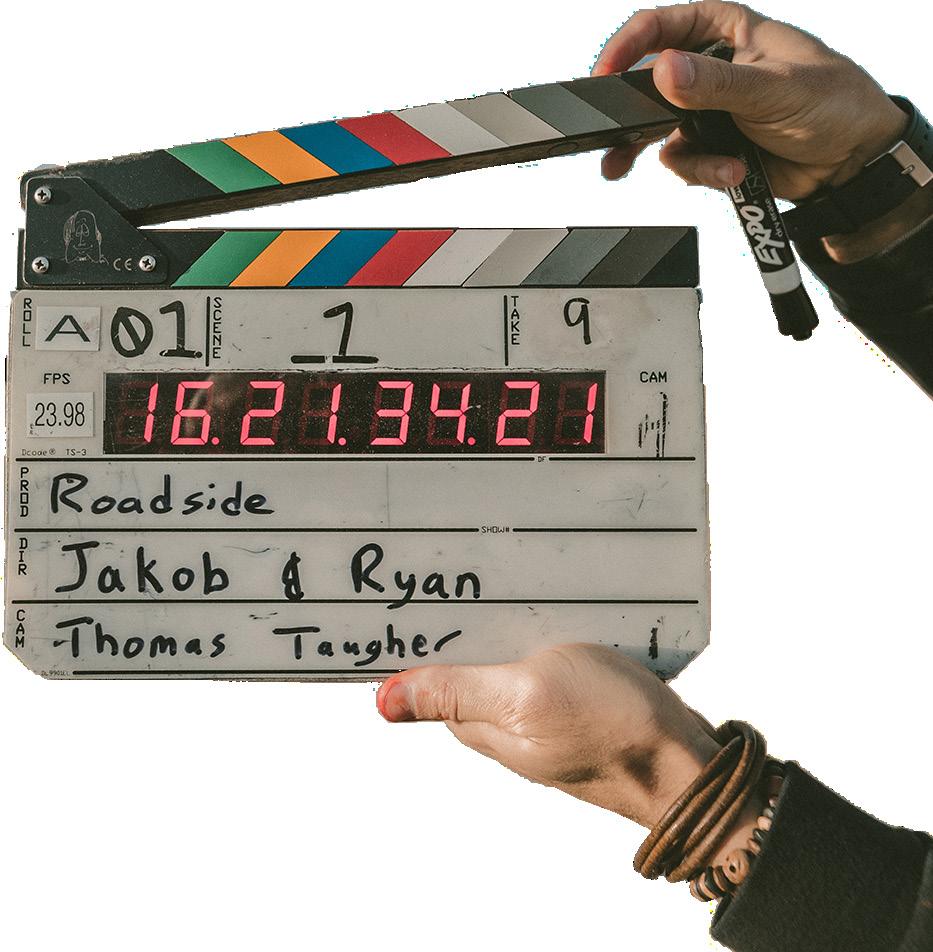
2 minute read
Asian Representation in Cinema | Zachary Yu
Asian Representation in the Cinema By Zachary Yu
Jakob Owens/ Unsplash
Advertisement

Among my favorite childhood television shows that encompass Spongebob Squarepants, Drake & Josh, and a handful of others, it’s clear that Avatar the Last Airbender is an odd man out. It isn’t necessarily because of its superb character development or suitable mix of action and humor in an overall somber story line. “Four nations lived together in harmony” - the premise of balance of powers and cultural identity that even inspired a sequel in The Legend of Korra - draws from Asian civilizations that include Japan, China, and Tibet. At the time I didn’t contemplate it, but it’s unfortunate that it was and to this day remains one of the few American shows of its kind. In current society, Asians are framed as “the model minority” that consists of nerds, doctors, and tiger parents - the group that grinds its way to success. Not only does this imply that other minorities are less hardworking, but it incorrectly classifies Asians into one homogeneous group with identical qualities when in reality, there are a variety of individuals with their own history and hardships. The media plays a dominant role in delegating racial bias, and it’s disconcerting how Asians are viewed as diligent while lacking leadership qualities. Starting from a young age, personal identity is heavily influenced by film and television. Asian children will subconsciously note a lack of representation as a dissuading indication of absence in the cinematic workplace. Admittedly, Asians rarely assume lead roles in film and television and this is reflected in many aspects of life. In the past few years, however, notable progress has been made especially with the success of Crazy Rich Asians and Fresh Off the Boat. Although Hollywood is depicting the Asian American community with more authenticity than ever before, there’s still notable work to be achieved. Content creators should write Asian characters that defy stereotypes even if they’re apparently “positive.” They should also hire more Asians in behind-the-scenes positions; those with experience can add essential nuances and make their interactions more realistic. The things we see on screen are much more than entertainment. Films and shows impact mental health, identity, and race relations. Content creators and decision-makers have a chance to use this powerful medium in a more productive manner, and there’s no better time to do it.










